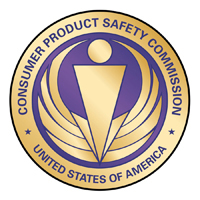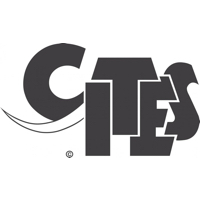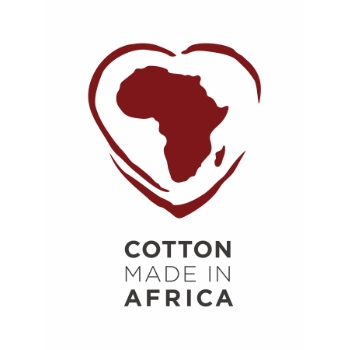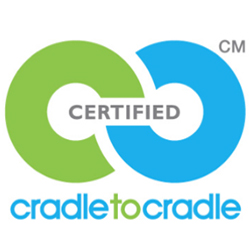The Consumer Product Safety Improvement Act of 2008 (CPSIA) was enacted by the federal government of the United States of America to “establish consumer product safety standards and other safety requirements for children’s products and to reauthorise and modernise the [U.S.] Consumer Product Safety Commission.”
The Content Claim Standard is a voluntary standard that can be used to trace a material through the supply chain or used as a back-up for content claims if other verification methods are not available.
The Convention on International Trade in Endangered Species of Wild Fauna and Flora (CITES) is a voluntary, international agreement between participating governments. It aims to ensure that international trade in specimens of wild animals and plants does not threaten species survival. This is accomplished through a permitting and/or licensing system to monitor and control the import and export/re-export of protected species, as identified in the appendices to the CITES Convention.
Cotton made in Africa (CmiA) is an independent standard for sustainable and traceable cotton. Through diversification, resource efficiency and innovative approaches, CmiA improves the living and working conditions of small-scale farmers in sub-Saharan Africa and promotes environmental protection.
Council Directive 98/58/EC of July 1998 concerns the protection of animals kept for farming purposes and applies to the European region.
The Cradle-to-Cradle standard assesses product safety to humans and the environment, as well as product design for material reuse using a four-tier improvement system, which aims to encourage businesses to develop products for closed-loop systems and to eliminate waste.












